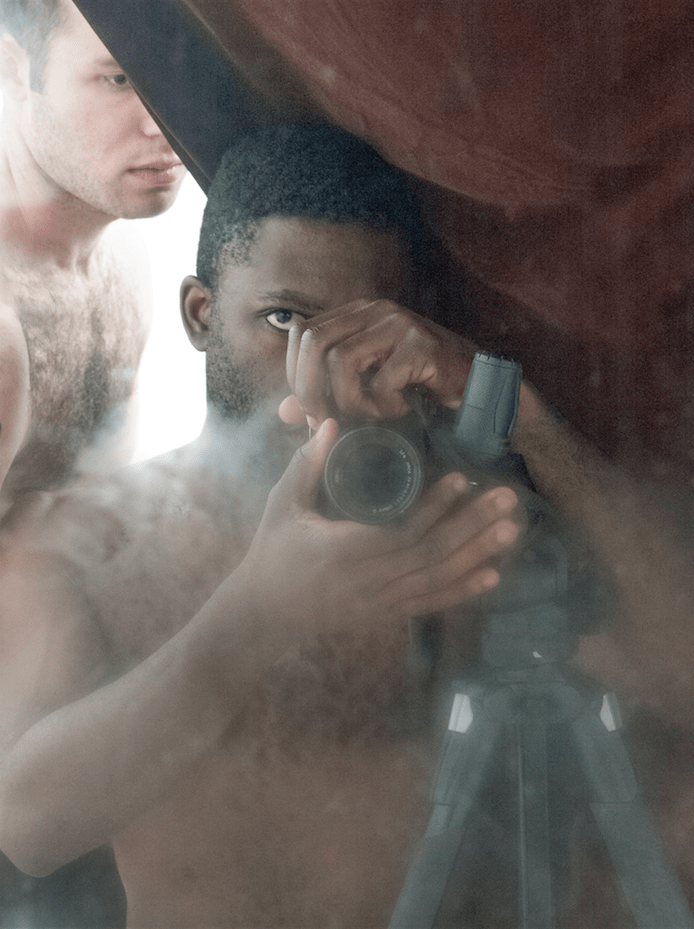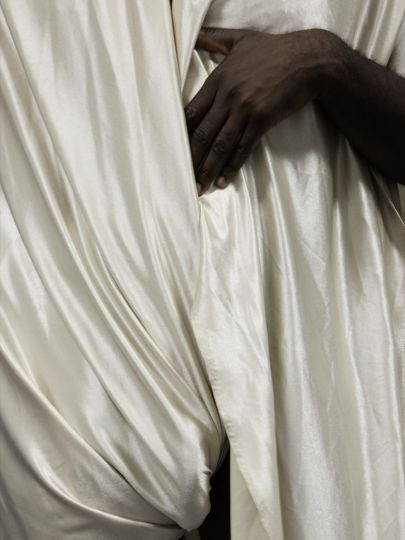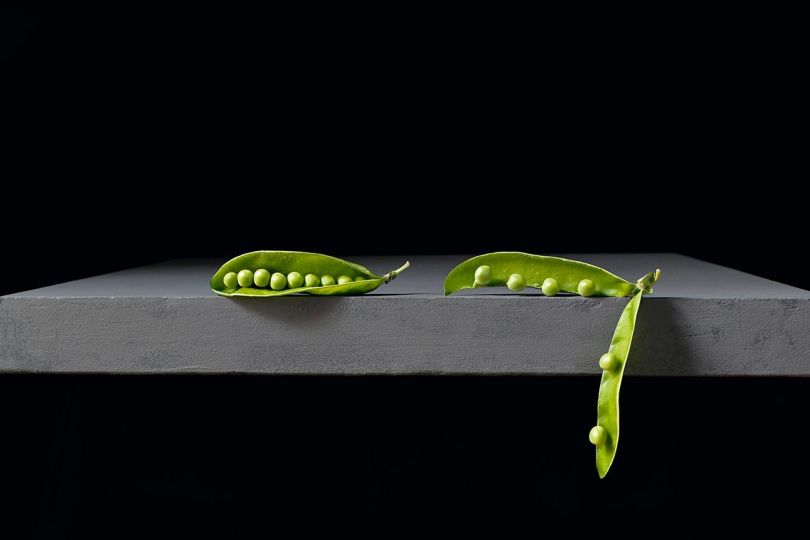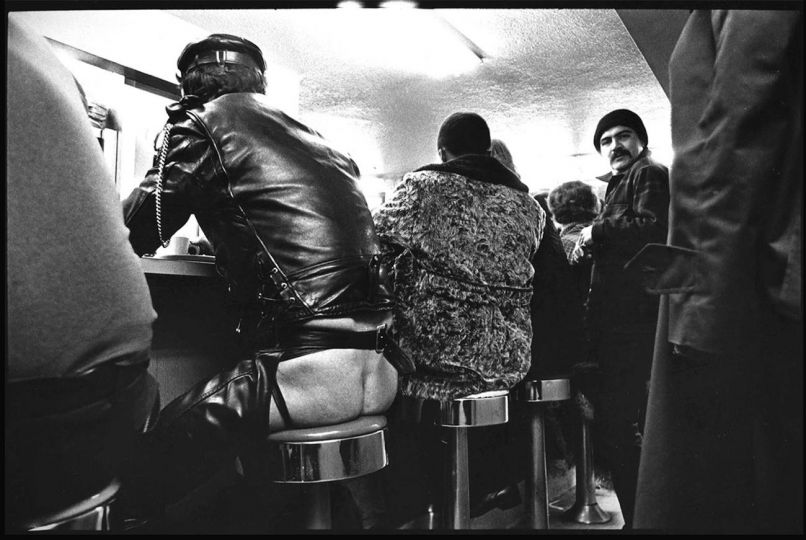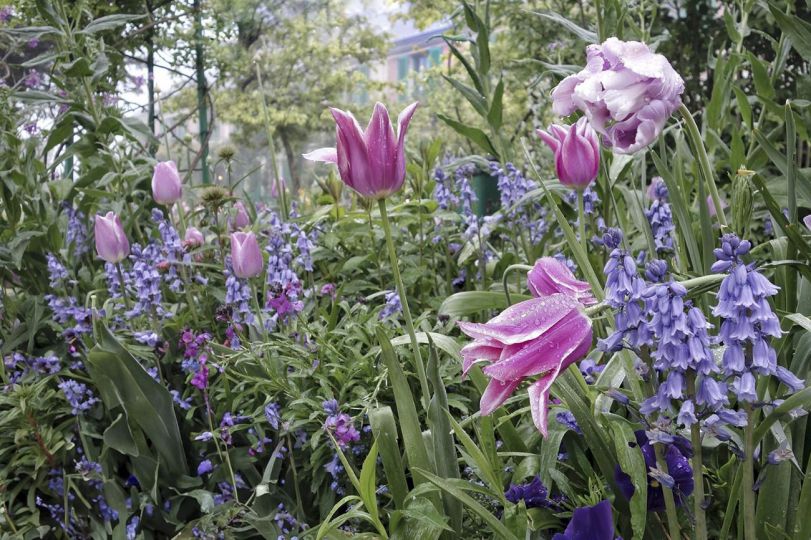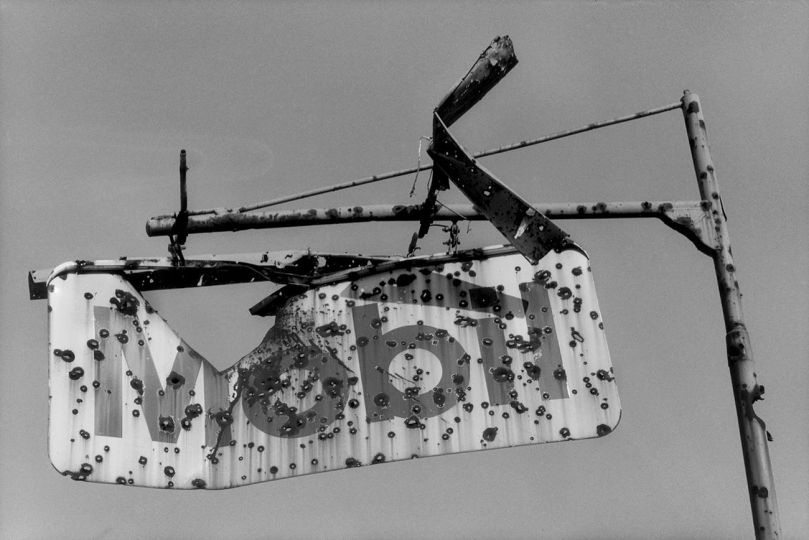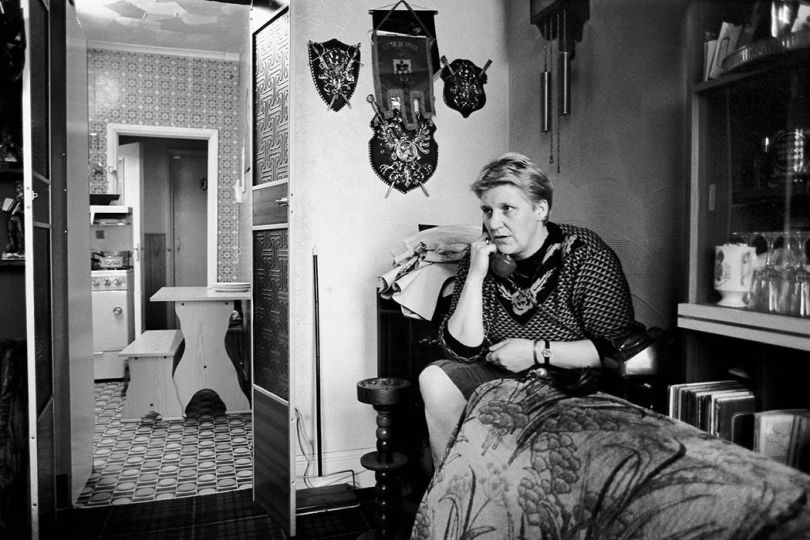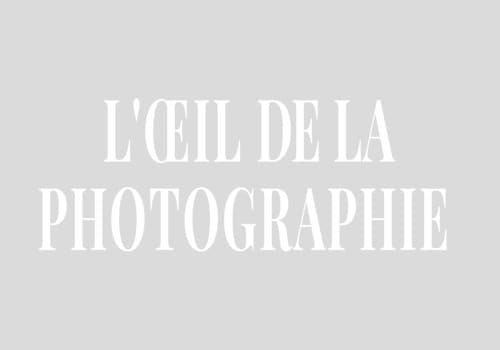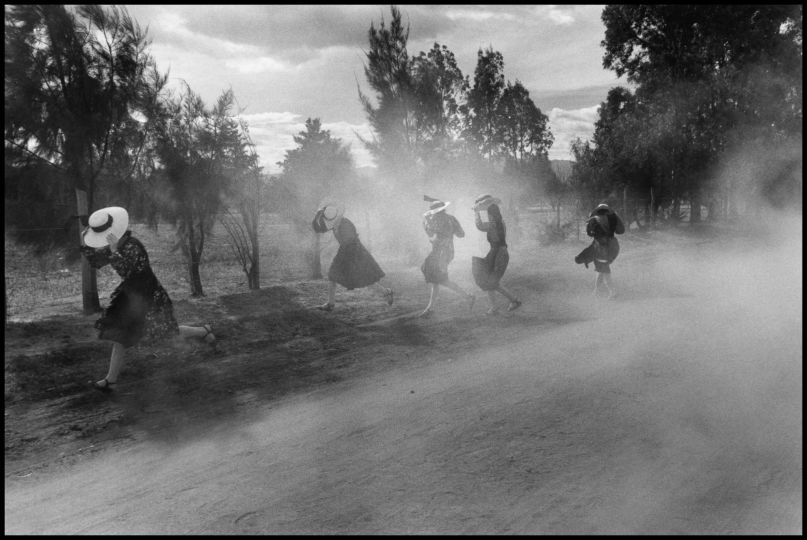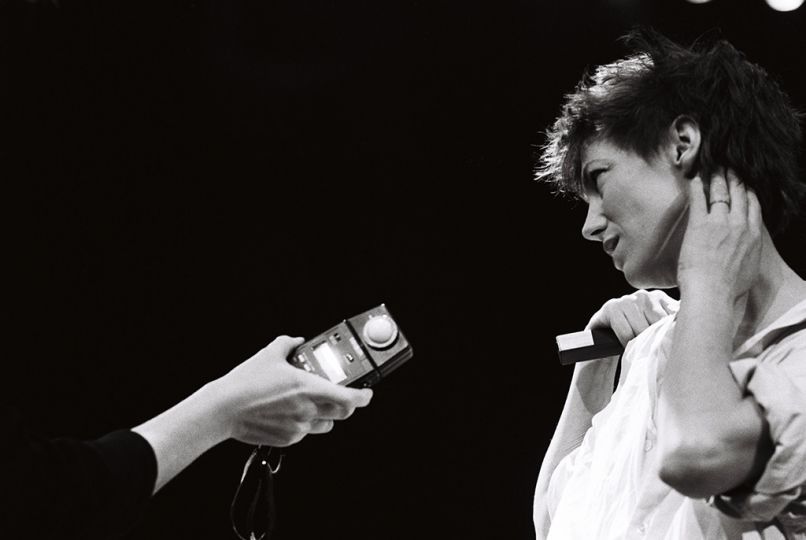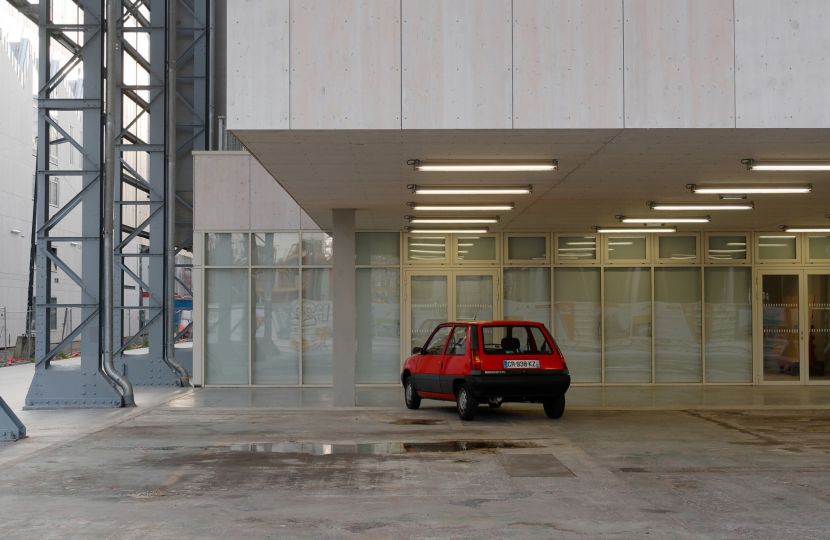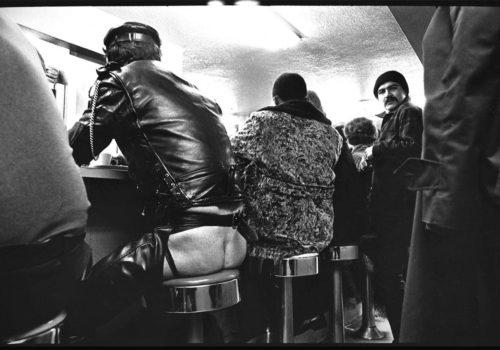For this exhibition, Sepuya has produced a series of new images that interrogate and challenge the history and nature of photographic portraiture from a queer, black perspective. For Sepuya, his medium is as much about disclosure as concealment, the role of the photographer ultimately one of control. Central to his practice is the undisguised and frequently experimental use of mirrors, which draws the viewer’s attention to the images’ photographic artifice, complicating the experience of looking at a subject, while also engendering a mystifying effect.
A number of the photos on view feature draped black or brown velvet. This particular material – loaded with cultural associations of sensuousness, femininity and blackness – appears alternatively as backdrop and foreground, in the latter instances hiding the photo’s ostensible subject – its “portrait-sitter.” Frequently, that subject is Sepuya himself, although his face is always at least partly obscured. The artist cites Manet’s Olympia as a template for his own practice – a painting in which a pulled back curtain reveals a reclining, nude white woman, gazing confrontationally, even carnivorously, at the viewer, while a barely visible black woman, ostensibly a servant, presents her with flowers. Like that Modernist masterpiece, these photographs explore the possibility that control might stem from a marginalized position, that the role of the pictorially objectified, the consumed image, might in fact possess power.
Information
Team Gallery
306 Windward Avenue Venice, CA, USA
September 17, 2017 to October 22, 2017

